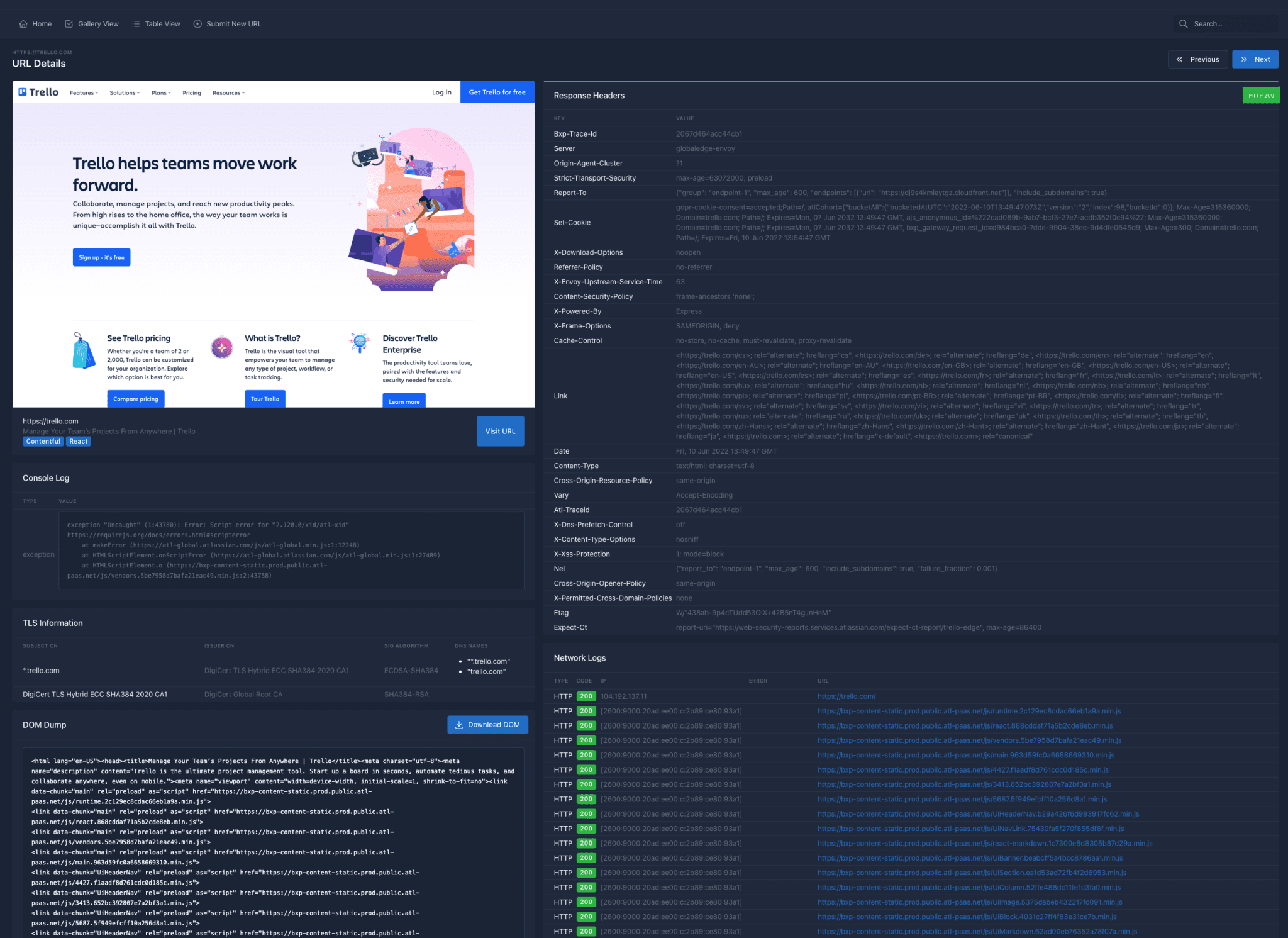Nvidia may miss the deadline for acquiring ARM in March 2022
Nvidia CEO Jensen Huang has expressed confidence in the acquisition of ARM on many occasions recently, emphasized the importance of maintaining ARM as an open platform, and reiterated his commitment to licensing, believing that this deal can be completed by March 2022. However, recently the resistance seems to have become greater, and the review from relevant regulatory agencies has become more stringent.

According to Reuters, the chances of Nvidia acquiring ARM before March 2022 are getting smaller, because the UK regulators may not even consider the acquisition until this fall. It is reported that Nvidia has not yet submitted an application to the European Commission to approve the transaction. A responsible official has indicated to Nvidia that it needs to collect enough information before September this year to accept Nvidia’s formal approval application.
In other regions, Nvidia is also subject to resistance. According to the Financial Times report, Nvidia only formally submitted its application to the Chinese regulators a few weeks ago, and it is estimated that it is unlikely to make a decision before the March 2022 deadline. It is reported that it will take 18 months for China’s regulators to make a decision.
Many industry analysts disagree with Nvidia’s optimism, and investors are also skeptical, believing that the probability of the transaction being approved before the March 2022 deadline is 10%. If the final transaction fails, Nvidia will have to pay $1.25 billion in fees. Even in the United States, many industry giants are pushing American regulators to block the deal.





